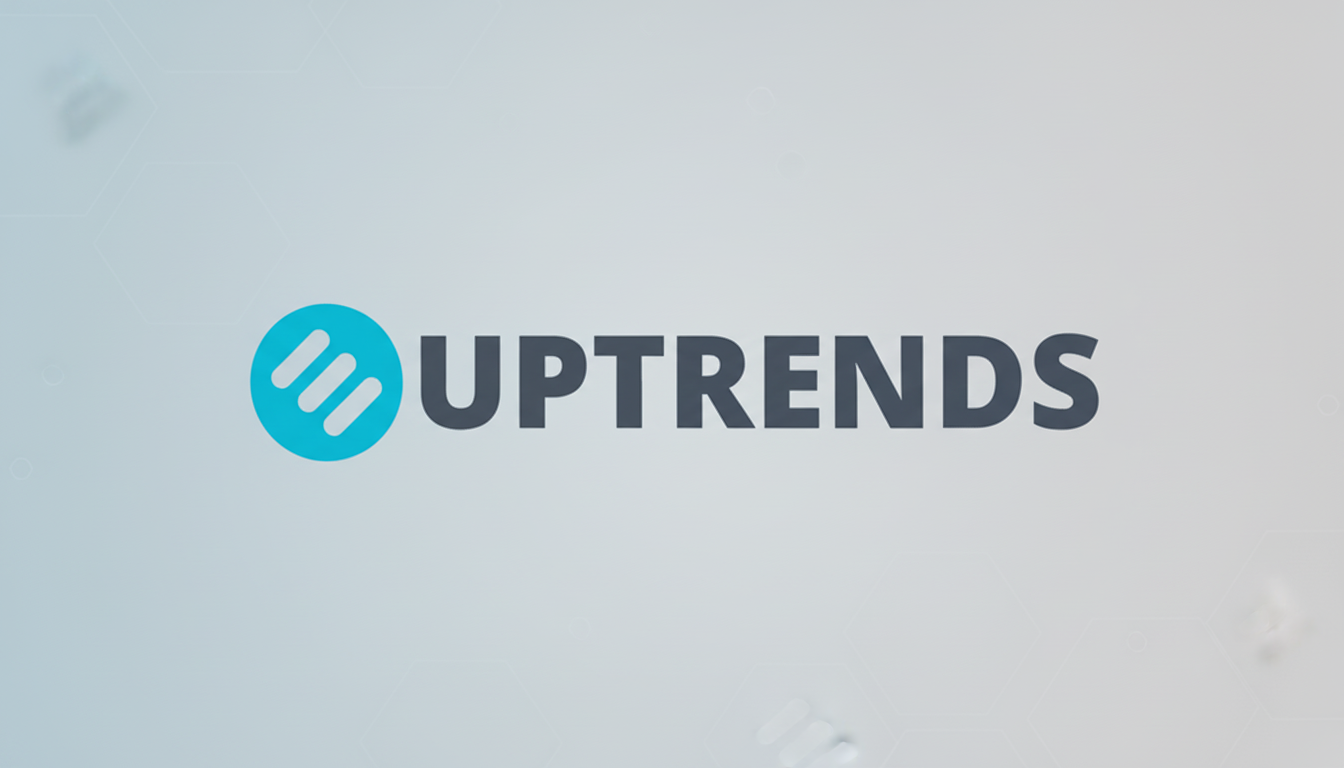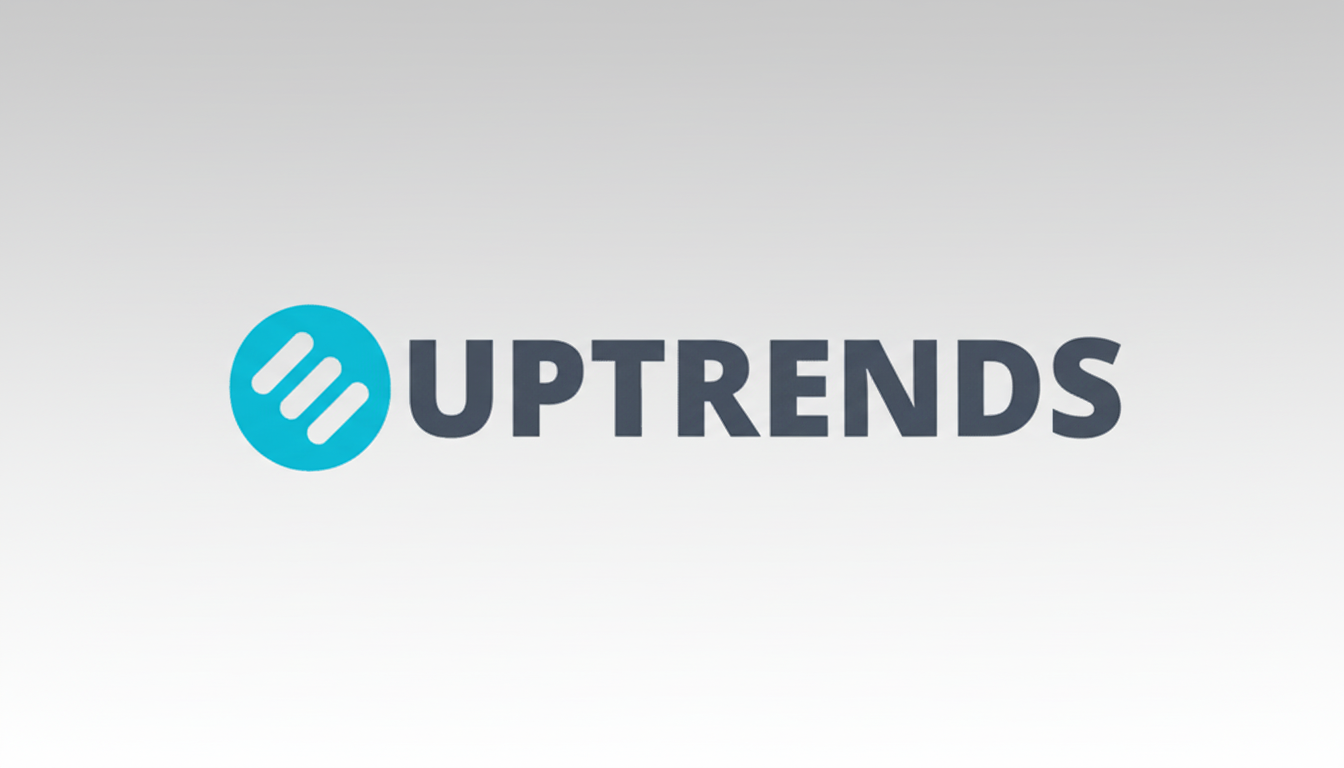Stack Overflow is transforming from an open-resource free-for-all into a managed Q&A provider to fuel products that will keep developers in the zone. The company released a new Uptrends service to help technology leaders better understand how their technical teams use the expansive base of Stack Overflow and related functions. The company is betting on something very apparent: enterprises want curated, reliable engineering intelligence that large language models can consume and deliberate over without second-guessing.
In the middle is Stack Overflow Internal, a product that takes a company’s private documentation and tribal know-how and makes it into structured artifacts AI agents can chew on via the Model Context Protocol. Rather than creating its own assistants, Stack Overflow intends to be the data backbone upon which those assistants rely.

Why Is Stack Overflow Pivoting to a Data Focus?
The platform’s enduring asset isn’t its traffic or brand—it’s a decade-plus of vetted, structured, and reputation-weighted knowledge. And for such highly ranked pages—unlike the scraped nonsense which we all think of ML as being either a product or first customer of—Stack Overflow has a data model that actually ensures one author, with tags and comments, per accepted question/answer/comment pile-on. That framework also translates nicely to what enterprise AI demands in terms of credible context.
With generative AI fielding more and more code queries, third-party analysts reported a drop in developer visits. That’s a move that drove Stack Overflow to start monetizing what makes its corpus uniquely valuable: provenance, quality signals, and an active community constantly washing away staggeringly large amounts of non-technical truth. The strategy also serves as a hedge against the volatility of ad markets by leaning into licensing and enterprise subscriptions.
Stack Overflow Internal organizes private knowledge for AI
Stack Overflow Internal mirrors the familiar forum site but with enterprise-grade controls—SSO, permissions, auditability—and a data plane built for AI orchestration. It exports more than Q&A pairs. Each item in the collection also has various metadata associated with it (who said it, when they said it, what tags appeared in the message, how closely the message is connected to some main topic of conversation) and measures of coherence between different elements within an item.
That score is fed into the reliability signals that direct downstream agents on how to weight responses. In application, this allows an AI assistant to pick a high-reputation engineer’s accepted answer for a recent thread over a stale, low-signal one. Stack Overflow’s CTO, Jody Bailey, has outlined plans to create a knowledge graph that explicitly connects related concepts so models don’t have to learn relationships from scratch.
Crucially, the platform is read-write. If an agent runs into a gap—if it fails to find a canonical way, approved by policy, to spin up a service via the corporate proxy—it can write a new question for the internal community and get an answer in return, folding that learning back into the corpus. Indeed, this form of socialization (the capture of tacit know-how) becomes gradually automatic and less reliant on manual documentation efforts over time, Stack Overflow argues.
Licensing Deals and the Emerging Economy of Data
Alongside enterprise tenants, Stack Overflow has signed content licensing deals with AI labs to train models against public Q&A data for a fee. The company said that it has not disclosed the terms or specific partners, but executives have likened the approach to well-known data deals made in the industry. For example, Reddit has reported nine-figure licensing revenues in public filings, highlighting the demand for vetted conversational datasets.

The attraction is clear: model builders have a way to legally train on richly annotated data; Stack Overflow diversifies its revenue while keeping ownership of the usage. This is a pattern seen in agreements signed by organizations like the Associated Press and Shutterstock, which have spotlighted provenance and contributor compensation in AI-era licensing.
What Companies Can Gain from Stack Overflow Internal
For engineering leaders, the promise is unbeatable precision. Instead of throwing an LLM at a wall of wikis, tickets, and chat logs, Stack Overflow Internal abstracts away a normalized, queryable knowledge format with trust signals built in. That can slash time-to-resolution for repeated issues, eliminate duplicative questions, and provide compliance teams with confidence on the source of answers and who is behind them.
Take this typical question—somebody asked how to rotate production DB credentials. An agent listening in to Stack Overflow Internal can populate the accepted playbook, indicate that it was last updated by a platform engineer, and refer you to other relevant runbooks. Should the process have been updated via a more recent migration, the agent can revisit and ask for a different answer, fostering an ongoing feedback loop that ensures operational knowledge remains up to date.
Risks, Community Dynamics, and Competitive Landscape
Making a product out of community knowledge isn’t easy to do. Contributors have argued for years over how their work is used, and platforms have received criticism when AI training seemed extractive. It remains to be seen whether transparency, contributor curation, and reliable opt-out are going to be enough for Stack Overflow to avoid alienating the community which built the value in the first place.
There is also a crowded field on the competitive side. GitHub is providing Copilot Enterprise with policy controls and code-aware context; Atlassian, Slack, and Notion are embedding AI into their collaboration stacks; data vendors are rushing to productize domain-specific corpora for model consumption. Stack Overflow’s moat is its structured Q&A format and reputation system—if it can demonstrate that reliability scores and a first-class knowledge graph lead to a significant reduction in hallucinations and rework, it will have a solid wedge.
What you should be tracking: practical measures like reductions in ticket queues and time-to-fix, faster onboarding for new hires, and the share of agent responses supported by high-confidence citations. If those move in the right direction, Stack Overflow’s evolution from public forum to indispensable AI data layer will seem less like a pivot and more like an inevitability.

